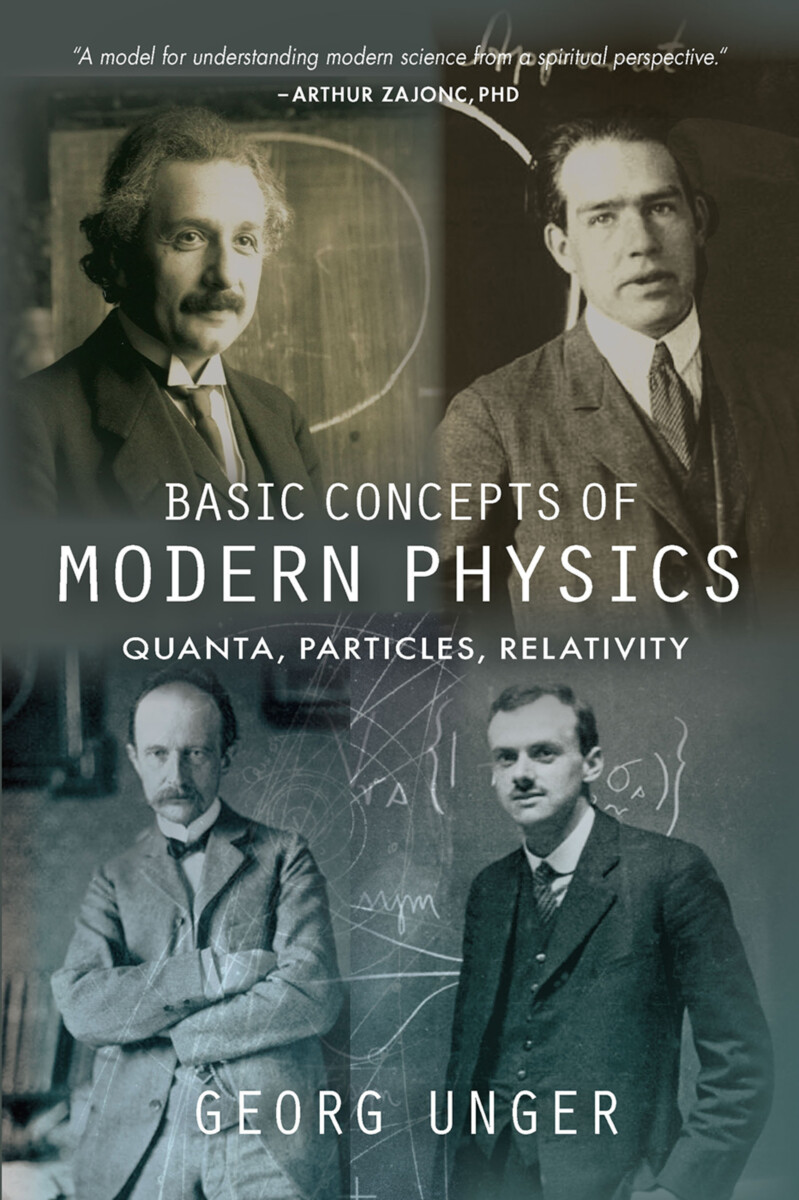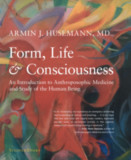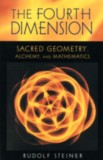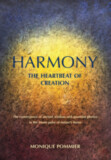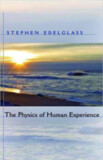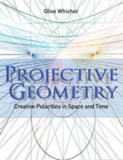Basic Concepts of Modern Physics Edition 2 Revised
Quanta, Particles, Relativity
- Publisher
Portal Books - Published
9th January - ISBN 9781938685491
- Language English
- Pages 216 pp.
- Size 6" x 9"
“Only in the course of this investigation may we hope to uncover the true function of thinking in physics. In any case, in even the simplest parts of physical science many conceptual distinctions lie hidden, whether we speak of phenomena or effects. Who would deny that the rainbow is a single thing rather than merely the play of refraction and dispersion summed over countless drops?” — Georg Unger
Basic Concepts of Modern Physics is an essential introduction for all those who are interested in gaining a better understanding of modern physics. In this unique text, Georg Unger provides clear descriptions of the conceptual bases of twentieth-century physics, including quantum mechanics, particles, and relativity theory, as well as other aspects relating to key physical concepts to phenomena.
Recognizing that quantum mechanical phenomena occur at a boundary between the experienced world and a concurrent world of “subnature” that is not perceptible to the senses, Dr. Unger provides a radical, non-reductionist concept of modern physics that is open to spiritual understanding.
“We should go into a short contemplation of certain habits of thinking and ask: What expresses itself in this adherence to the nineteenth-century idea of matter? To say it radically—and thereby naturally be open to misunderstanding—it is a weakness of thinking characteristic of our times.” — Georg Unger
This book is a translation from German of Grundbegriffe der modernen Physik Quanten, Teilchen, Relativität: Vom Bilden physikalischer Begriffe – Teil III (Verlag Freies Geistesleben, 1967). An earlier English edition was published as Forming Concepts in Physics (Parker Courtney Press, 1995). COVER MAGES: Albert Einstein (1879–1955) in1921, by Ferdinand Schmutzer; Neils Bohr (1885–1962) in 1925, by Bettmann; Paul Dirac (1902–1984) by Emilio Segrè, Visual Archives, W. F. Meggers Gallery of Nobel Laureates Collection, American Institute of Physics, College Park, MD; Max Planck (1858–1947), Bundesarchiv, Koblenz, Germany.
“In his seminal study of contemporary science, Georg Unger explores the conceptual foundations of twentieth-century physics, including quantum theory, probability, relativity, and mathematics. He does so in a way that relates them to both phenomenology and Rudolf Steiner’s anthroposophy. This book can act as a model for understanding modern science from a spiritual perspective.”
— Arthur Zajonc, PhD, Andrew W. Mellon Professor of Physics Emeritus, Amherst College, and author of Catching the Light and Meditation as Contemplative Inquiry
C O N T E N T S:
Preface
Introduction
1. A New View of Nature?
2. The Method of Gaining Knowledge
3. The Transition to Twentieth-Century Physics
4. The New Phenomena
5. Foundational Concepts of Quantum Theory according to Blokhintsev
6. The Concept of Probability
7. The Theory of Relativity and Its Conceptual Constructions
8. Concrete Concept Formations
9. The Phenomenology and Mathematics of the New Physics
10. Physical Worldview and Spiritual Science
Cited Works
Index of Names
Georg Unger, PhD
Georg Unger, PhD (1909–1999), was born in Stuttgart and was a student at the
first Waldorf school when it opened in Stuttgart in 1919. He finished his doctorate in Zurich with extensive studies in mathematics, physics, and philosophy. In 1955, he became a visiting fellow at MIT in Cambridge, Massachusetts, for studies in cybernetics with Norbert Wiener. As a visiting guest at the Institute for Advanced Studies at Princeton Univesity, he met J. Robert Oppenheimer and, later, John von Neumann in Washington, for scientific philosophical discussions. Dr. Unger later became the head of the Department of Mathematics and Astronomy at the Goetheanum in Dornach. His publications range from the epistemological foundations of mathematics and physics to symptomatic discussions of developments in the field of science.


